TOOTH EXTRACTIONS – PANAMA CITY, FL
COMFORTABLE EXTRACTIONS TO PROTECT YOUR WHOLE SMILE
Our dentists will always choose to save a natural tooth when possible, but they also know that there are some cases where an extraction is absolutely necessary. In these situations, our dental team will make sure you feel comfortable and relaxed at all times while the tooth is safely removed, and afterward, we can discuss your various tooth replacement options. To learn more about tooth extractions from our Panama City, FL dentist or any of our other treatment options, get in touch with our dental office today.
WHY CHOOSE BALDWIN FAMILY DENTAL FOR TOOTH EXTRACTIONS?
- MULTIPLE SEDATION OPTIONS OFFERED
- A DENTAL OFFICE FOCUSED ON PATIENT COMFORT
- SAME-DAY EMERGENCY APPOINTMENTS
Reasons Why Tooth Extractions Are Necessary

A tooth extraction may be necessary for a variety of reasons, with a common one being severe tooth decay or damage that cannot be repaired with a filling or crown. It may also be necessary if a tooth is causing overcrowding in the mouth or if it is impacted, meaning it is stuck below the gum line and cannot fully emerge.
Additionally, a tooth may need to be extracted if it is causing an infection that cannot be treated with antibiotics, or if it is at risk of infection due to a compromised immune system. An extraction is sometimes recommended before certain medical treatments, such as chemotherapy or an organ transplant, to prevent potential complications.
The Process of Removing a Tooth

Removing a tooth involves several steps to ensure that the comfort and health of the patient is well taken care of.
First, the dentist will numb the area surrounding the tooth with a local anesthetic to minimize discomfort during the procedure. We can offer sedation options to help the patient relax even more.
Once the area is numb, the dentist will use special tools to gently loosen the tooth from the socket and remove it. If the tooth is impacted or stuck within the jawbone, your dentist may need to make incisions in the gum tissue to access it.
After the tooth is removed, the dentist will place a gauze pad over the extraction site to help stop bleeding and encourage clotting. They will also provide instructions on how to care for the extraction site and prescribe pain medications or antibiotics if needed (more about this below).
WISDOM TOOTH EXTRACTIONS
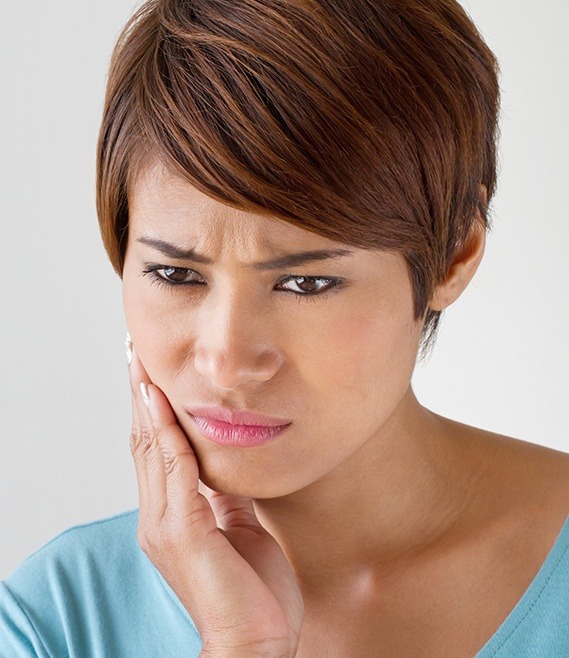
While most tooth extractions are a last resort, wisdom teeth are typically removed as a preventive measure. When it becomes apparent that your wisdom teeth aren’t going to be able to erupt properly, it’s better to have them removed as soon as possible before they start causing pain and inflicting damage on the neighboring teeth. Wisdom teeth normally erupt between the ages of 17 and 25, so make sure that any young adults in your family are visiting us on a normal basis. That way, we can keep an eye on their wisdom teeth and perform an extraction before any serious issues arise.
Tooth Extraction Aftercare

Proper aftercare is crucial to promote healing and prevent complications after a tooth extraction. A patient should avoid drinking alcohol, smoking, and using straws for at least 24 hours after the procedure. They should also not rinse their mouth or brush the extraction site for the first day.
After 24 hours, a patient should rinse their mouth gently with warm saltwater to promote healing and lower the chance of infection. They can resume brushing like normal, being careful to avoid the extraction site. Soreness and swelling can be managed with over-the-counter pain relievers or medication as prescribed by the dentist. Patients should also avoid hard, crunchy, or sticky foods and instead have soft, easy-to-chew items for the first few days. If any concerns or complications arise (bleeding that doesn’t stop after the first day, an increase in pain, or a fever), the patient should contact their dentist immediately.
Understanding the Cost of Tooth Extractions
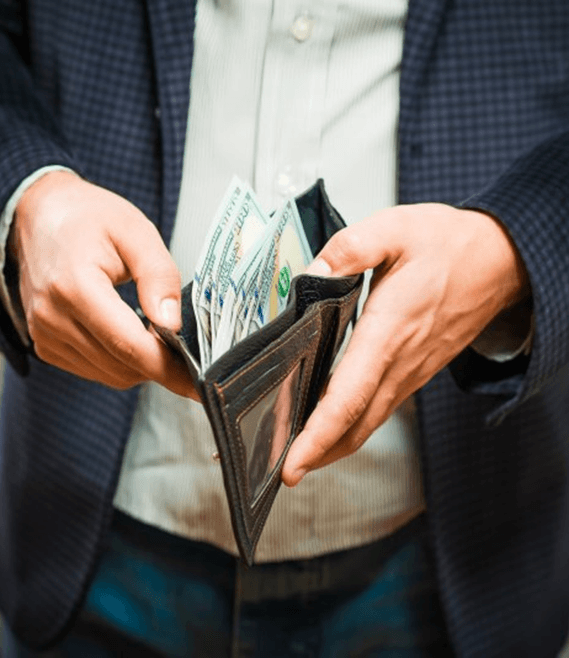
While tooth extractions may not sound like the most enjoyable dental procedure, they’re often incredibly viable for keeping the rest of your smile healthy and safe. Of course, your dentist will reserve this treatment as a last resort, but you’ll want to understand everything you can about the overall price before going forward with it. Here are several things you should be aware of when it comes to the cost of tooth extractions in Panama City.
Factors That Can Affect Tooth Extraction Cost
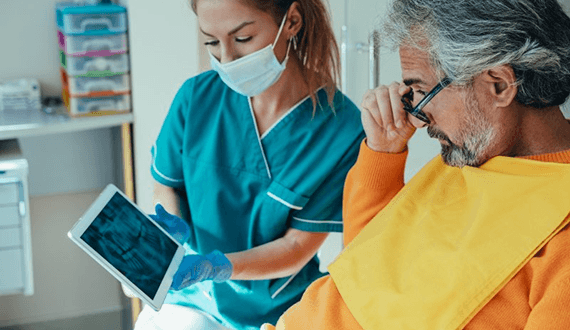
The only way to get the most accurate price estimate for tooth extractions is by undergoing an initial consultation with our team. This visit will allow us to assess your situation, detect the underlying issue, and determine the necessary steps to get you back to oral health. For the price of tooth extractions, there are several factors to consider, including:
- The number of teeth: Of course, the more teeth you need to have removed, the higher the overall cost of your treatment.
- The location of your teeth: The kind of tooth and where it’s located in your mouth can also impact the price of your procedure.
- The complexity of treatment: Certain instances can require more extensive or complex steps, which can influence the cost. An impacted tooth, which may involve a more difficult procedure, will likely cost more than a simple extraction.
Does Dental Insurance Cover Tooth Extractions?
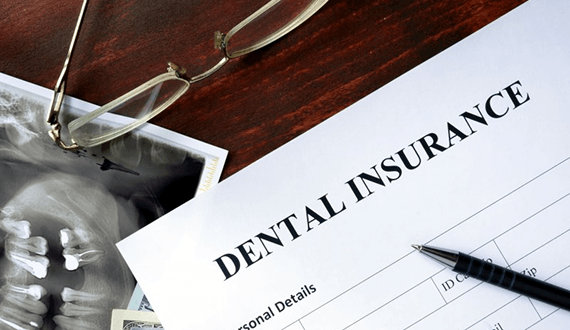
Most dental insurance companies can help cover about 50% of the cost of tooth extractions once you’ve already met your deductible. Even so, there may be certain limits to consider, such as a waiting period or a particular number of teeth that need to be extracted before your coverage begins. Every policy is unique, so you’ll need to consult your provider about your plan before jumping on board with any treatments. Also, our team will be glad to help you navigate the details of your insurance so that you can make the most of your benefits!
How to Make Tooth Extractions Affordable
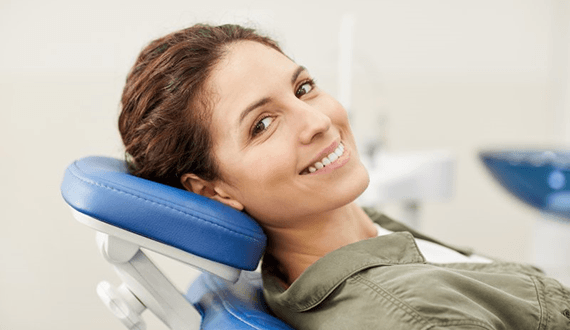
Don’t currently have dental insurance? Not a problem. You can always explore alternative financing solutions to help make your dental treatments more manageable for you. For instance, our practice offers an in-house membership plan that can give you significant discounts on our services. Also, we can provide plans through a third-party financier called CareCredit that can help split the overall price of your procedures into monthly, low-to-no-interest installments. This way you won’t have to break the bank to get the care you need for better oral health.
Tooth Extractions FAQs
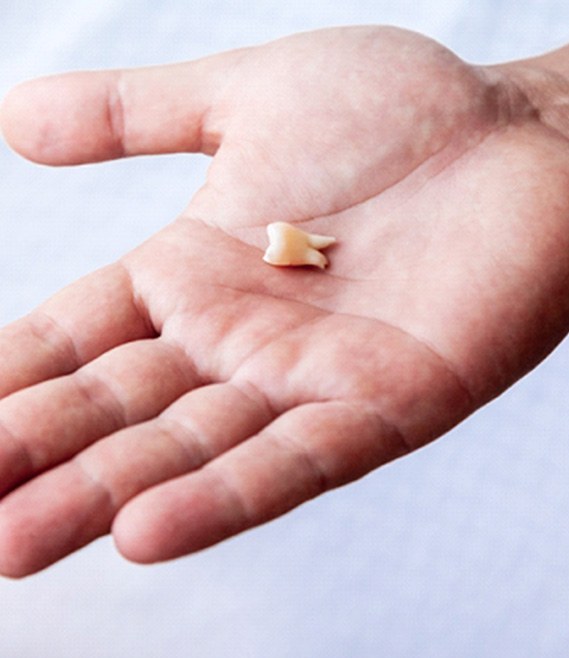
Tooth extractions tend to be a point of serious anxiety for patients, which leaves them with plenty of questions about what they can expect from the treatment. Thankfully, at Baldwin Family Dental, we’ll do everything we can to make this treatment as stress-free for you as possible.
If you have anything you want to know, we’ll have a thorough conversation with you at your consultation about your upcoming treatment. Until then, here are answers to some common questions people have about tooth extractions.
Does Getting a Tooth Extracted Hurt?
One of the biggest concerns patients have about tooth extractions has to do with pain. People imagine removing a tooth to be an exceedingly uncomfortable procedure, but those fears are largely unfounded.
Before the treatment, we will take the time to ensure that your mouth is entirely numb. The most you’re likely to feel during the procedure itself is mild pressure where the tooth is being removed.
After the extraction, it’s common for there to be at least a little bit of soreness. It’s important that you go out of your way to follow our aftercare instructions precisely. This will help to minimize any discomfort you feel and to prevent infection from cropping up.
Can I Leave the Space Empty After a Tooth Extraction?
It’s fairly common for patients who have recently had their teeth extracted to not want to go through the effort of replacing the tooth that they lost. This is even more common for molars that can’t ordinarily be seen from the outside.
However, the truth is that teeth do more than just look pretty. Even missing just one of them can negatively impact your ability to eat and speak the way you’re used to. Losing a tooth also means that the area of the jaw that once held it is no longer being used. This can lead the jaw to shrink, just like a muscle that’s never being worked.
For these reasons, it’s strongly recommended to replace a tooth you’ve lost with a denture, bridge, or dental implant. We’ll be happy to talk with you about your best option at a consultation.
Can I Smoke After Getting a Tooth Extracted?
Tobacco and nicotine products are all pretty rough on your oral health, which can become an issue immediately after tooth extraction. Each of these can prevent blood flow to the mouth, delaying healing and leaving you open to infection.
For that reason, it’s recommended to refrain from smoking for at least five days after tooth extractions, though as much as two weeks would be ideal. If you have a hard time quitting, reach out to us—we’ll do what we can to help you.
What Should I Do After My Tooth Extraction?
We’ll give you specific instructions for aftercare when we meet you in person, but here are some things you can expect to do immediately after the procedure.
- For the first 24 hours, try and get some rest. Avoid exercise or any serious exertion.
- Keep the gauze in place as instructed for as long as possible.
- Avoid dry socket; don’t spit too much, and don’t use a straw to drink anything.
- Avoid touching the wound.
- Stick to a soft food diet for the first few days.
- If we’ve prescribed you pain medication, take is as directed. If not, you can rely on over-the-counter pain relievers.
Keeping these and other aftercare instructions in mind is the best way to minimize any discomfort you feel and to prevent infection from setting in.
